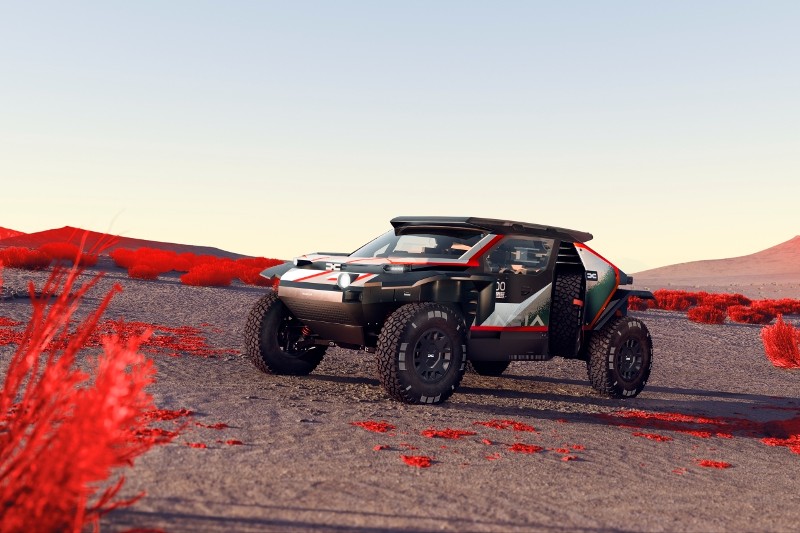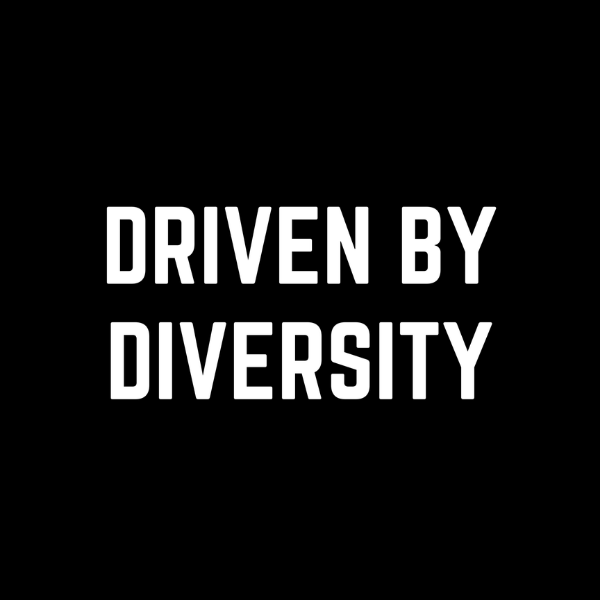“Great news!”
“What?”
“The Dacia Sandrider will make its début at the Rallye du Maroc in October before taking on the 2025 Dakar Rally and World Rally-Raid Championship!”
Dacia unveiled their newest rally raid challenger Tuesday at Rétromobile in France, dubbed the Sandrider. The effort will be fielded in partnership with Prodrive, who is currently in the fourth year of fielding the Prodrive Hunter.
It is based on the Dacia Manifesto, a concept electric SUV created in 2022 that does not have windows or doors, is built using a composite material made from recycled plastic, and has airless tyres. The Manifesto was designed to demonstrate the manufacturer’s innovations and not be an actual consumer car, though elements from the Manifesto will be used for actual products like the Duster.
While the Sandrider will not be racing with airless tyres and still has doors, it takes some pages from the Manifesto like minimal carbon body panels for improved aerodynamics and weight loss. This combined with a lighter tubular chassis cuts down the overall weight by fifteen kilograms, while weight distribution has been increased at the front to improve grip; this also reduces drag by ten percent. It relies on synthetic fuel from Aramco.
The car sports a three-liter twin turbo direct injection V6 engine, capable of 265 kW/360 brake horsepower, along with a six-speed sequential gearbox and a double wishbone rear suspension. To comply with T1+ subcategory regulations, it has 350 mm of suspension travel and uses larger 37-inch tyres much like its Hunter predecessor.
“Not only is this a test of Dacia’s true robustness, it is a showing of our commitment to low-carbon mobility,” said Dacia CEO Denis Le Vot. “We are very excited to take part in Dakar with synthetic fuel technology. Dacia, alongside the best team and drivers in the game, are serious contenders for the rally.”
Prodrive’s current drivers Sébastien Loeb and Nasser Al-Attiyah will be part of the transition to Dacia while also adding reigning Dakar Challenger winner Cristina Gutiérrez. Their team will be dubbed the Dacia Sandriders.
The Sandrider is Dacia’s first factory Dakar effort since providing limited support for Emiliano Spataro and his Duster from 2013 to 2018. Prior to that, Renault Group had a full-fledged programme during the 1980s and 1990s; the Marreau brothers won in a Renault 20 in 1982, while Jean-Louis Schlesser claimed the 1999 and 2000 editions in a buggy built with help from Renault. The manufacturer contemplated returning to the Dakar with Lada before they sold the marque in the wake of the Russian invasion of Ukraine.



